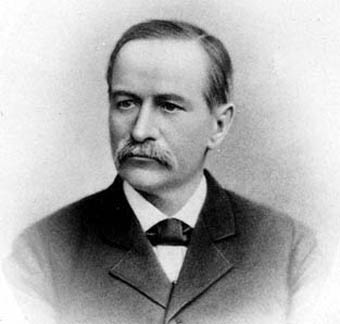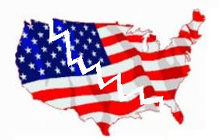When a person acquires a fortune, whether by his own merit or inheritance, two roads lie before him: He can take the arduous road to secure for himself, or his descendants, an entrance into the traditional elites; or he can take the easy path, becoming a toad.
What Do We Mean by an Organic Christian Society?
Perhaps the best way to describe an organic Christian society is to take an example of a society from the past, which existed in the Christendom of old. In that society the most vibrant of all the elements was the family. Indeed, although the State and other lower social groups are born from the very … Read more












